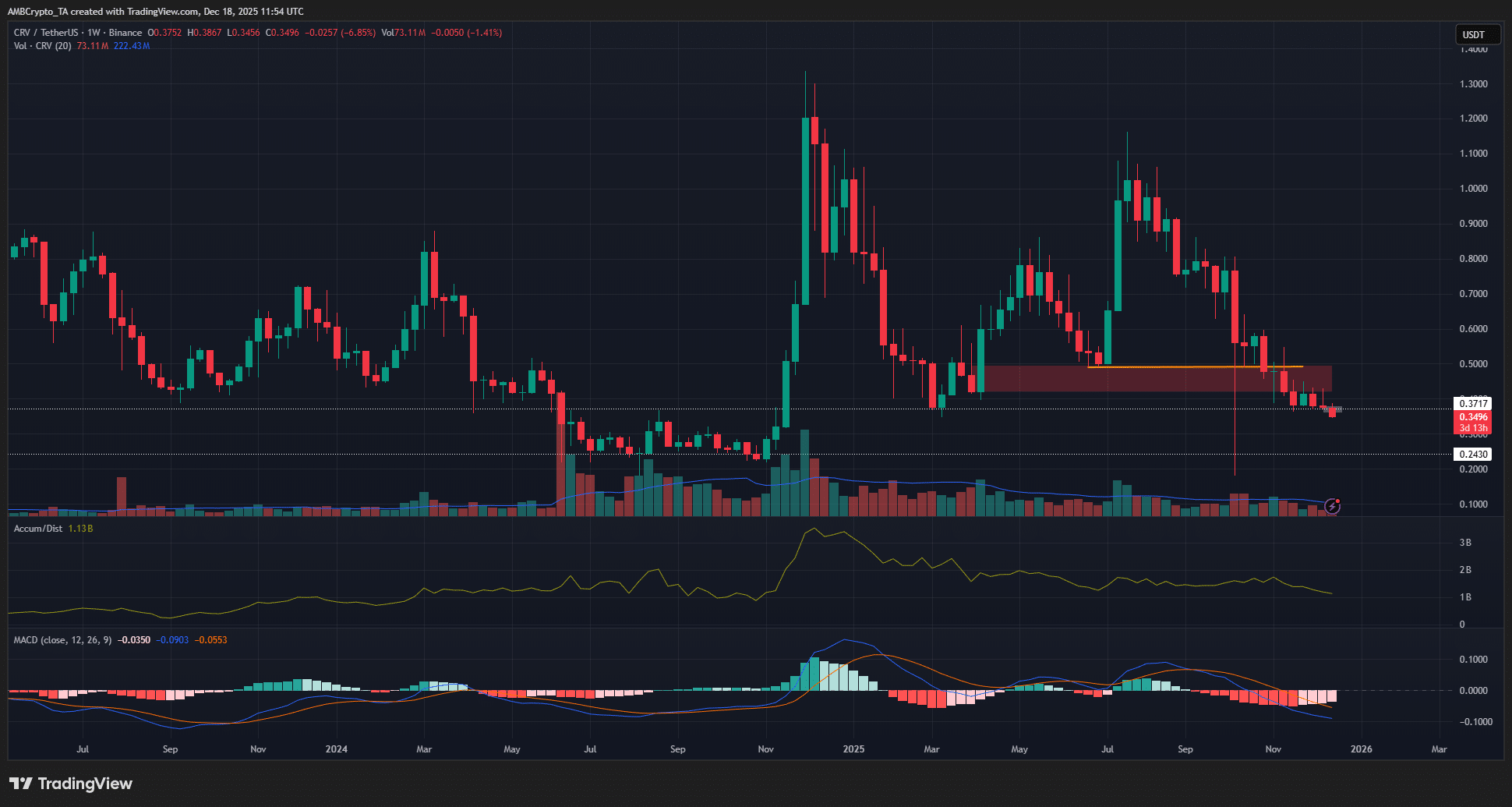- Strategy is facing a class action for hiding Bitcoin risks and overstating gains in its financial reports.
- The lawsuit follows a $5.91 billion Bitcoin loss and an 8% drop in Strategy stock price.
- Investors have until July 15 to join the case which targets Strategy’s misleading Bitcoin-related disclosures.
New York-based law firm Pomerantz LLP has filed a class action lawsuit against Strategy, formerly known as MicroStrategy. The case, lodged in the U.S. District Court for the Eastern District of Virginia, targets the company and its executive chairman, Michael Saylor. The complaint accuses Strategy of violating federal securities laws.
The lawsuit claims Strategy misled investors about the profitability of its Bitcoin investment strategy. According to the complaint, the company emphasized gains while downplaying risks tied to Bitcoin’s price volatility.
Company Accused of Misleading Investors
Pomerantz argues that Strategy failed to present a balanced view of its Bitcoin holdings. The company is accused of misrepresenting the proceeds of Bitcoin transactions.
Meanwhile, it omitted important risk factors that may influence the decisions made by investors. According to the complaint, these omissions rendered the public statements of the company materially misleading.
The class action is open to all investors who bought Strategy shares throughout the said period. Pomerantz has given investors until July 15 to join the suit.
SEC Filing Reveals Massive Unrealized Loss
The impact of the alleged misinformation became clearer in April. On April 7, Strategy filed a report with the U.S. Securities and Exchange Commission. It revealed an unrealized Bitcoin loss of $5.91 billion. This loss followed a decline in Bitcoin prices and changes to accounting rules.
The company’s stock dropped by 8% immediately after the filing. Strategy later confirmed the figures in its Q1 earnings report. The company adjusted the value of its Bitcoin holdings under the new accounting method. The lawsuit claims the company had previously avoided such disclosures.
Accounting Changes Highlight True Exposure
The updated fair value accounting rules now require companies to record Bitcoin’s real-time price changes. Previously, firms only reported losses when selling assets or when prices dropped. The new method forced Strategy to reflect actual losses even without a sale. This shift highlighted the scale of Strategy’s exposure to crypto market swings.
Pomerantz claims Strategy highlighted selective metrics like BTC Yield and BTC Gain. However, the firm allegedly ignored the downside risks tied to Bitcoin’s volatility. The lawsuit aims to recover investor losses and hold the company accountable.
Strategy Maintains Leading Bitcoin Position
Despite the legal challenge, Strategy still holds the largest corporate stash of Bitcoin. It owns roughly 600,000 BTC, valued at around $65 billion. The company began accumulating Bitcoin in 2020. It funded purchases through debt, equity, and operating income. Its stock has grown over 3,300% since then.

